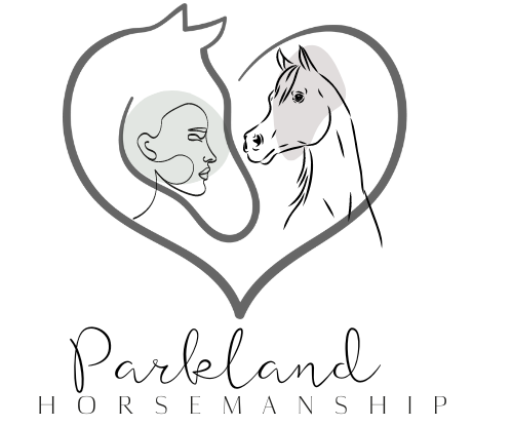Many veterans experience feelings of helplessness due to events they were powerless over, like witnessing traumatic incidents first-hand and being powerless to stop. Horses offer natural empathy and provide real-time feedback so veterans can build trusting relationships in an atmosphere free of judgement and criticism.
At first (sessions 1-3), patients are introduced to horses through grooming exercises and leading with a wand or rope. Later sessions involve group activities such as maneuvering them onto a tarp that encourage teamwork and collaboration between members of treatment team.
PTSD
Posttraumatic Stress Disorder (PTSD) is a pervasive mental health issue among veterans. Studies show that equine therapy may provide an effective form of therapy to accelerate healing for those living with this disorder, often which doesn’t respond well to traditional methods like medication.
Horses’ ability to mirror an individual’s emotions helps participants identify and regulate their emotions – an essential step in recovering from trauma. Interacting with horses also provides participants with a sense of agency and control over their lives – something which in turn improves overall quality of life.
Depression
Veterans struggling with depression may find equine therapy an effective alternative way of treating the disorder. Studies have demonstrated how engaging in horse-assisted activities such as grooming and leading horses can reduce symptoms while simultaneously stimulating release of oxytocin – a hormone known to promote social bonding and boost mood.
Veterans battling depression often have difficulty creating deep bonds with others and trusting themselves emotionally. Since horses don’t carry all the layers that characterize human relationships, it makes connecting easier for veterans.
Recent research demonstrated the efficacy of equine therapy on veterans suffering from posttraumatic stress disorder and depression, as well as lower their heart rates, a telltale sign of stress. Researchers recruited 63 veterans suffering from PTSD to take part in weekly group sessions involving horse grooming, lead walking and team building exercises on horses as well as mental health evaluations and brain imaging scans before and after taking part in this program.
Anxiety
Anxiety is a frequent side effect of posttraumatic stress disorder (PTSD) and can severely limit daily functioning. Horses provide an environment that fosters nonjudgment and genuine interaction that allows veterans to open up about their emotions and experiences more freely, providing a soothing meditative experience in which their natural rhythms and focus can offer great comfort.
Earning the trust of horses mirrors building relationships with people. Veterans become more assured in their abilities to develop bonds with these animals, which in turn can build more secure human connections.
Anecdotes about equine therapy’s healing power are well known, yet until recently its efficacy hadn’t been studied comprehensively. The Man O’ War Project was the first university-led study that evaluated and devised an effective protocol for it; their research indicated that significant numbers of participants experienced reduced symptoms associated with both posttraumatic stress disorder (PTSD) and depression during treatment.
Trauma
Trauma-based programs such as Equine Therapy for Veterans can be especially helpful to veterans because it offers an alternative form of treatment than traditional counseling or medication. Offered outdoors rather than inside an office; and featuring interactions between participants and a nonjudgmental animal; Equine Therapy also does not force participants to revisit painful memories that may cause triggers for posttraumatic stress symptoms.
Apart from its physical advantages, horse-human interaction also helps individuals recognize and regulate their emotions, as well as build trusting relationships – something crucial when returning home after military service.
Horses’ inherent sensitivity enables them to detect changes in an individual’s emotional state, providing immediate and authentic feedback. Furthermore, bonding with horses teaches people the value of building trusting relationships that require time and dedication – much like military or civilian relationships.

